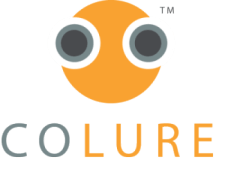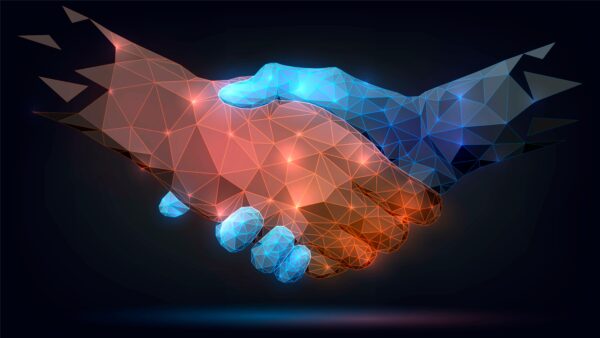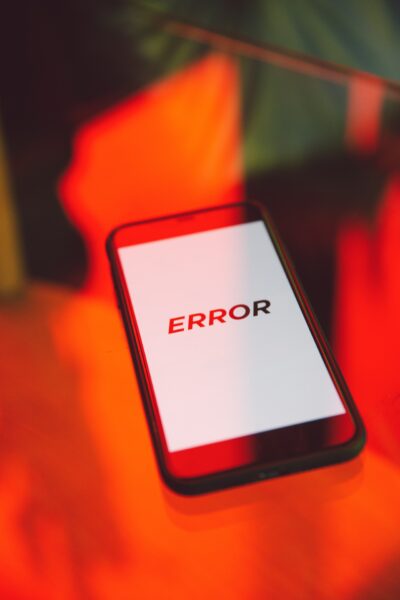History is filled with the stories of the little guy out-thinking their larger counterparts, leveraging innovative thinking and modern technology to disrupt that which had been considered infallible up to that point. Most recently, we have the example of a Reddit group composed of average, everyday traders using the Robinhood app to upend Wall Street hedge fund titans. Can a group of Average Joes buying stock in Game Stop and AMC on a lark with a mobile app change the way we think about the stock market? It turns out that yes, yes they can.

The same basic concept may be playing out right before our eyes, albeit in another corner of the technology world: artificial intelligence. In November 2022, a prototype AI chatbot called ChatGPT was launched by OpenAI. Even though it hasn’t been live for very long, it’s already garnered attention for its ability to generate everything from short stories to rap lyrics, all with a decidedly human-like quality that other chatbots of the past have lacked.
But what does this mean in the long-term, and what do the implications mean for artificial intelligence in general? The answers to questions like those require you to keep a few key things in mind.
ChatGPT: The (AI-Powered) Story So Far
If you’re getting the feeling that you’ve heard of OpenAI before, you definitely have – they’re the same organization behind the AI art generation platform called DALL-E. It’s been making the rounds recently for mostly general entertainment and ironic comedy purposes – you can tell DALL-E to create virtually any picture you’d like and it will, using only the keywords you provide.
ChatGPT is similar, only it uses dialog instead of a visual medium like art. The goal when you interact with ChatGPT is to make you feel like you’re talking to a real person.
This is largely where the potential to disrupt comes from. Not only can ChatGPT answer your questions, but it also allows you to ask followup questions that piggyback off of that original context. If it makes a mistake, it’s supposed to admit it. If a request is deemed inappropriate, it will outright refuse to do it.
Based on all of the above, it should come as no surprise that interacting with ChatGPT is equal parts hilarious and strange. ChatGPT truly does seem to have a legitimate sense of humor… albeit kind of a quirky one. You can’t quite tell if it’s joking around with you or if what it’s saying is just wrong.
The creators of ChatGPT claim that it can talk about virtually anything and, thanks to the fact that it’s powered by machine learning, it’s only going to get more effective at it the more people use it.
In terms of its potential to disrupt, it’s easy to see a future where ChatGPT at the very least writes a significant amount of content that is then published online. Can an AI-powered chatbot be a journalist? We’re about to find out! (But honestly, it couldn’t do any worse than some of those news sites out there). Can an AI-powered chatbot provide hours upon hours of entertainment, supplanting your need to turn on Netflix and use it as background noise to distract you? Of course it can. It probably already is.
Will it write your research paper for you? Can it provide emotional interaction like in that weird Spike Jonze movie “Her”? Can it gain sentience, rise up, and take over humanity once and for all? Yes, possibly, and… maybe that’s a question better left unanswered for now.
One thing is for sure – ChatGPT has already changed the game in terms of what we think about when we think about interacting with chatbots online. Of course, there is absolutely nothing that can go wrong when you create a powerful AI-driven system that partially used Internet memes and message board posts as its training data.


